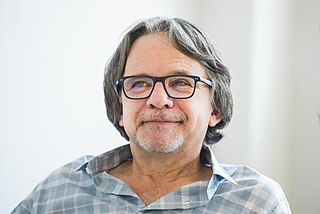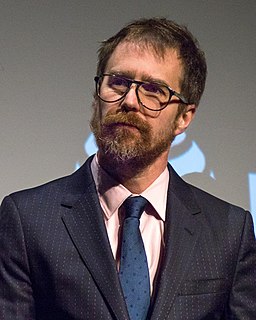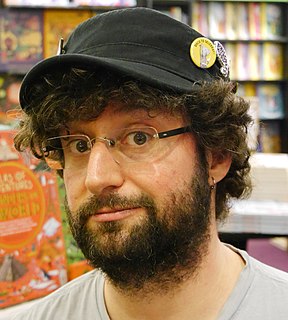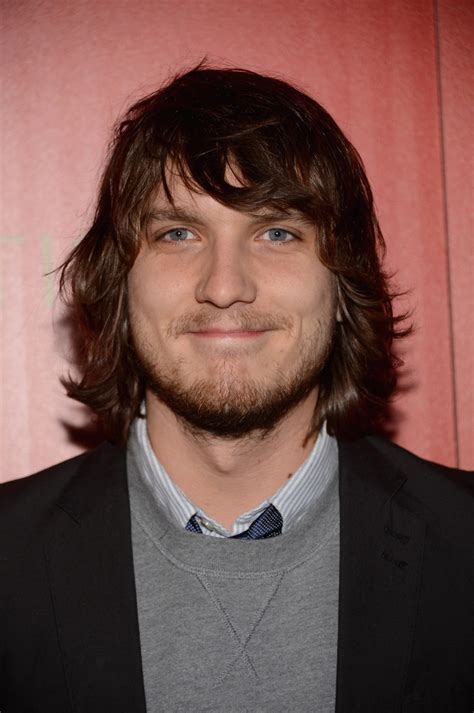A Quote by Miriam Margolyes
Where I think the American actor is slightly at a disadvantage is in vocal technique. I don't think that words are their friend in the same way that English actors are used to using words: understanding about consonance and how to shade a vowel to show emotional color.
Related Quotes
Rebecca was an academic star. Her new book was on the phenomenon of word casings, a term she'd invented for words that no longer had meaning outside quotation marks. English was full of these empty words--"friend" and "real" and "story" and "change"--words that had been shucked of their meanings and reduced to husks. Some, like "identity" and "search" and "cloud," had clearly been drained of life by their Web usage. With others, the reasons were more complex; how had "American" become an ironic term? How had "democracy" come to be used in an arch, mocking way?
Sociopaths differ fairly dramatically in how their brains react to emotional words. An emotional word is love, hate, anger, mom, death, anything that we associate with an emotional reaction. We are wired to process those words more readily than neutral, nonemotional words. We are very emotional creatures. But sociopaths listen as evenly to emotional words as they do to lamp or book - there's no neurological difference.
We spent a long time learning the craft of songwriting, Roger Glover and I, for a few years before we joined Deep Purple. You learn about the percussive value of words, and you learn about rhyme and meter. You learn that you can't transform a poem into a song lyric, mostly because the spoken shape of words is different than the sung shape of words. You wouldn't use the vowel 'U' or the vowel sound 'ooo' for a high note for example, its very difficult.
A writer is a person who cares what words mean, what they say, how they say it. Writers know words are their way towards truth and freedom, and so they use them with care, with thought, with fear, with delight. By using words well they strengthen their souls. Story-tellers and poets spend their lives learning that skill and art of using words well. And their words make the souls of their readers stronger, brighter, deeper.
The dictionary is like a time capsule of all of human thinking ever since words began to be written down. And exploring where words have come from can increase your understanding of the words themselves and expand your understanding of how to use the words, and all of this change happens in your thinking when you read the words.
The only disadvantage to directing if you've been an actor is how self-conscious you are. When I'm directing, I'm always so aware when I'm speaking to an actor of how easily I could throw them off by saying something careless or not being clear or concise. So it does make you watch your words in a way that sometimes is unhelpful.
[from The One and Only Official Mr. Gum Official Glossary That Tells You What Words Mean by Explaining Them Using Other Words] : Cups of tea: People in England are always drinking cups of tea. "Oh let's have a cup of tea " they say. "That will prove we are English and not American." Sometimes American people try to have cups of tea to pretend they are English but forget it We can always tell you are faking it



































